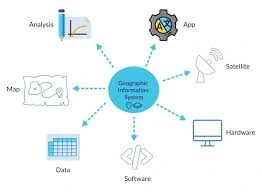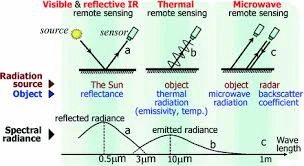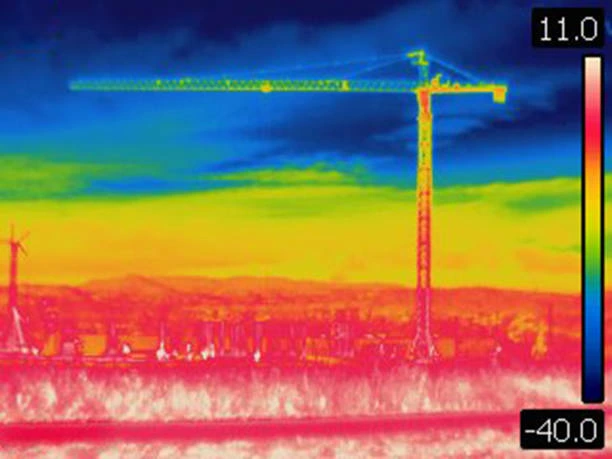Course Overview
This course provides a comprehensive understanding of spatial data collection techniques, data management strategies, and the application of spatial data in various fields such as environmental management, urban planning, and resource management. Participants will learn how to efficiently gather, organize, and manage spatial data using modern tools and technologies, ensuring data accuracy, integrity, and usability for decision-making processes.
Course Duration
5 Days
Who Should Attend
- GIS professionals seeking to enhance their spatial data management skills
- Environmental scientists and researchers involved in data collection and analysis
- Urban planners and resource managers requiring accurate spatial data
- Surveyors and cartographers looking to update their data collection techniques
- Students and professionals in geospatial sciences
Course Objectives
By the end of this course, participants will be able to:
- Understand the principles and methods of spatial data collection.
- Utilize various tools and technologies for efficient data collection in the field.
- Implement effective data management practices to ensure data quality and accessibility.
- Analyze and integrate spatial data for decision-making and reporting.
- Apply spatial data in real-world scenarios across different sectors.
Course Outline:
Module 1: Introduction to Spatial Data and its Importance
- Overview of spatial data
- Types and sources of spatial data
- Importance of spatial data in various sectors
- Introduction to geospatial technologies
Module 2: Field Data Collection Techniques
- Surveying and GPS data collection
- Remote sensing and aerial data acquisition
- Mobile data collection tools and apps
- Best practices for field data collection
Module 3: Data Management and Quality Control
- Data storage solutions and databases
- Metadata creation and management
- Data validation and error checking
- Ensuring data consistency and accuracy
Module 4: Spatial Data Integration and Analysis
- Integrating spatial data from multiple sources
- Spatial data processing and transformation
- Basic spatial analysis techniques
- Visualizing spatial data using GIS software
Module 5: Applications of Spatial Data in Various Fields
- Environmental monitoring and management
- Urban and regional planning
- Resource management and conservation
- Case studies and real-world applications
Customized Training
This training can be tailored to your institution needs and delivered at a location of your choice upon request.
Requirements
Participants need to be proficient in English.
Training Fee
The fee covers tuition, training materials, refreshments, lunch, and study visits. Participants are responsible for their own travel, visa, insurance, and personal expenses.
Certification
A certificate from Ideal Sense & Workplace Solutions is awarded upon successful completion.
Accommodation
Accommodation can be arranged upon request. Contact via email for reservations.
Payment
Payment should be made before the training starts, with proof of payment sent to outreach@idealsense.org.
For further inquiries, please contact us on details below:






